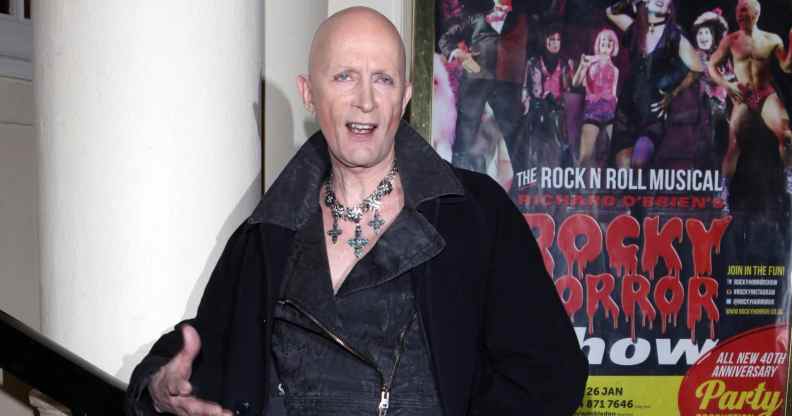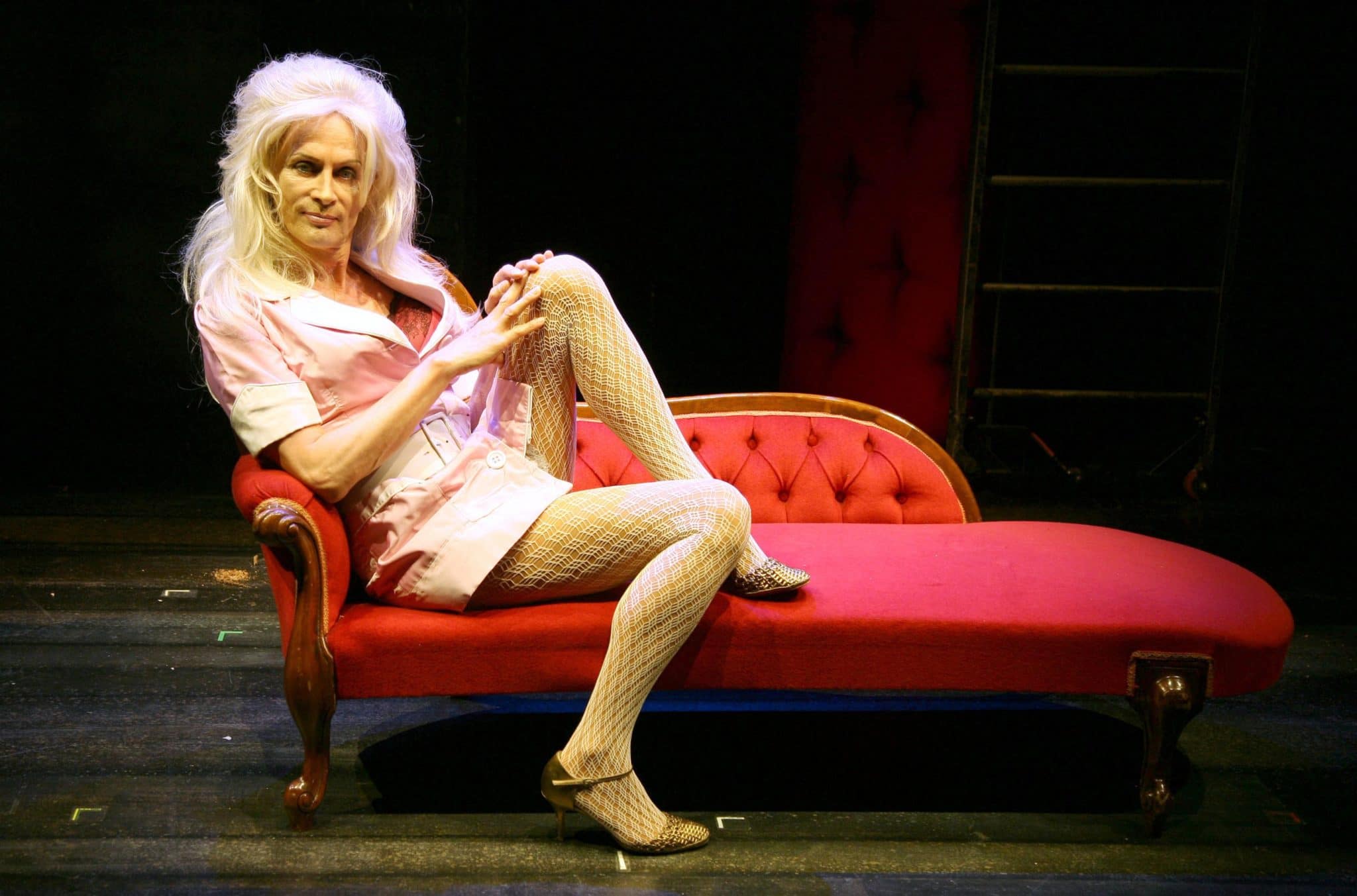Rocky Horror star Richard O’Brien defends saying trans women ‘can’t be women’

Richard O’Brien attends the afterparty for Rocky Horror Show on January 21, 2013 in Wimbledon, England. (Dave M. Benett/Getty Images)
Richard O'Brien attends the afterparty for Rocky Horror Show on January 21, 2013 in Wimbledon, England. (Dave M. Benett/Getty Images)
Rocky Horror Show star Richard O’Brien has said he wasn’t being “mean-spirited” when he said that trans women can’t be women.
The gender-fluid horror icon, who identifies as transgender himself, had said in 2016 of trans women: “You can’t be a woman. You can be an idea of a woman.
“You’re in the middle and there’s nothing wrong with that. I certainly wouldn’t have the wedding tackle taken off.
“That is a huge jump and I have all the sympathy in the world for anyone who does it but you aren’t a woman.”
Richard O’Brien: Trans women should be ‘applauded’
In a fresh interview with The Guardian, O’Brien sought to justify his remarks. He said: [We] have to be very careful here. We’ve seen what’s been happening with JK Rowling.
“I think anybody who decides to take the huge step with a sex change deserves encouragement and a thumbs-up.
“As long as they’re happy and fulfilled, I applaud them to my very last day. But you can’t ever become a natural woman.
“I think that’s probably where Rowling is coming from. That’s as far as I’m going to go because people get upset if I have an opinion that doesn’t line up with theirs.
“They think I’m being mean-spirited and I don’t want that at all.”

Being trans is a ‘nightmare’ for many, says Rocky Horror Show star
O’Brien has previously spoken about his own fluid gender identity, labelling himself the “third sex” and explaining: “I believe myself probably to be about 70 per cent male, 30 per cent female”, adding he “ticks the ‘M’ box” for gender but “would quite like to have ‘other’ to tick”.
He acknowledged: “Being transgender is a nightmare for many people. I’m very lucky that I’m in showbiz where I can be this eccentric person and therefore it’s allowed. If I were a primary school teacher maybe that wouldn’t be the case.”
The actor said last year that while The Rocky Horror Show is seen as a symbol of sexual liberation, he struggled with his identity for years afterwards.
He told Event Magazine: “It made it OK for men to dress up as women, but it didn’t make it OK for me. I had grown up believing there was something wrong with me and that I was somehow damaged and dirty, because I wasn’t the same as everyone else.
“I grew up in a different time, there was no one I saw myself as being like – and I did not have a supportive family.
“I lived for a very long time with a low opinion of myself and even the success of the play felt separate to me. I was only expecting it to have a three-night run. Never did I imagine that I’d be still talking about it 45 years later.”

